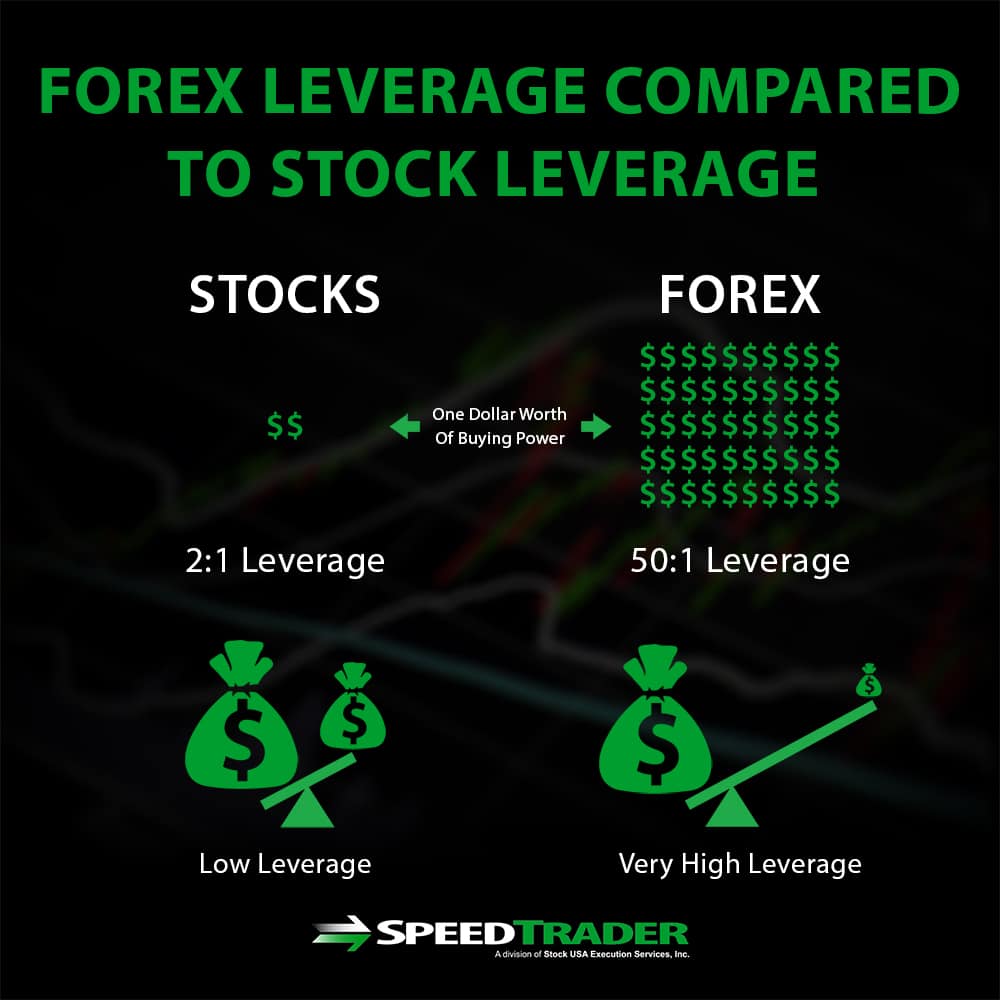Traversing the labyrinthine world of financial markets, investors and traders have long wrestled with the choice between forex and crypto trading. Forex (foreign exchange) and cryptocurrencies represent distinct asset classes, each boasting unique characteristics, risks, and rewards. Understanding the intricacies that differentiate these two trading arenas is crucial for making informed investment decisions.

Image: www.forex.academy
In this comprehensive guide, we will delve into the contrasting landscape of forex and crypto trading, shedding light on their core principles, highlighting fundamental distinctions, and exploring their respective advantages and disadvantages. By furnishing you with this invaluable knowledge, we empower you to navigate the complexities of these markets with confidence and clarity.
Forex Trading: Navigating the Currency Marketplace
As one of the world’s largest and most liquid markets, forex trading involves the exchange of currencies, encompassing spot, forward, and derivatives trading. Spot trading entails the immediate exchange of currencies at the prevailing market rate, while forward trading allows traders to lock in a future exchange rate, mitigating the impact of currency fluctuations.
Crypto Trading: Venturing into the Digital Currency Realm
Cryptocurrency trading, on the other hand, revolves around the buying and selling of digital assets, such as Bitcoin and Ethereum, that operate on decentralized blockchain networks. Unlike traditional fiat currencies, cryptocurrencies are not backed by central authorities or governments, offering a level of anonymity and volatility.
A Comparative Analysis: Gleaning the Distinct Attributes
To gain a comprehensive understanding of forex and crypto trading, it is imperative to examine their fundamental differences:
- Assets Traded: Forex trading involves currency pairs, such as EUR/USD, while crypto trading encompasses digital assets, including Bitcoin and Ethereum.
- Regulation: Forex trading is heavily regulated by central banks and financial authorities, ensuring transparency and market stability. Crypto trading, in contrast, operates in a largely unregulated environment, leaving it vulnerable to market manipulation and volatility.
- Volatility: Currency pairs in forex tend to exhibit relatively lower volatility compared to cryptocurrencies, which are known for their erratic price fluctuations.
- Trading Hours: Forex markets operate 24 hours a day, Monday through Friday, while crypto markets are open 24/7, facilitating trading at any time.
- Liquidity: Forex markets are extremely liquid, offering ample trading opportunities and tight spreads. Crypto markets, while growing in liquidity, may exhibit periods of lower liquidity, affecting trading execution.
- Transaction Fees: Transaction fees in forex trading are typically lower than those associated with crypto trading, due to the involvement of centralized exchanges.
Insights from the Cutting Edge: Tracking the Latest Trends and Developments
In the rapidly evolving world of financial markets, staying abreast of the latest trends and developments is key to successful trading:
- Forex Market Trends: The advent of mobile trading platforms has revolutionized forex trading, providing traders with real-time market access and enhanced trading capabilities. Artificial intelligence and machine learning are also gaining traction, assisting traders in market analysis and trade execution.
- Cryptocurrency Developments: The emergence of decentralized finance (DeFi) has enabled traders to access a wide range of financial services and products within the crypto ecosystem. Non-fungible tokens (NFTs) have also gained popularity for their unique digital ownership characteristics.

Image: howtotradeonforex.github.io
Timely Advice for Traders: Leveraging Experience and Insight
Drawing on years of experience as a seasoned trader, I offer invaluable tips for navigating forex and crypto markets:
- Educate Yourself: Acquire a deep understanding of the fundamentals of both forex and crypto trading before entering these markets.
- Start Small: Initially, trade with small amounts of capital that you can afford to lose, gradually increasing your investment as you gain experience.
- Manage Risk: Implement effective risk management strategies, such as stop-loss and take-profit orders, to mitigate potential losses.
- Trade Conservatively: Avoid excessive leverage, which can magnify both profits and losses significantly.
- Seek Professional Guidance: If you are new to trading, consider consulting an experienced trader or financial advisor to guide your journey.
Remember, trading forex and cryptocurrencies involves inherent risks, and there is no guaranteed path to success. By adhering to these tips and exercising prudence, however, you can improve your chances of achieving your trading objectives.
Frequently Asked Questions: Answering Common Queries
To enhance your understanding, here are answers to some frequently asked questions:
Q: Which market is better for beginners, forex or crypto?
A: Forex trading may be more suitable for beginners due to its lower volatility and higher liquidity.
Q: Is it possible to trade forex and crypto simultaneously?
A: Yes, you can trade both markets simultaneously, but it is crucial to manage risk effectively.
Q: What are the potential risks associated with crypto trading?
A: Crypto trading carries risks such as volatility, lack of regulation, and potential scams.
Difference Between Forex And Crypto Trading
Conclusion: Empowering Informed Decisions
The world of financial trading offers a myriad of opportunities and challenges. Understanding the intricacies that distinguish forex and crypto trading is essential for making informed investment decisions. By carefully considering the factors outlined in this comprehensive guide, you can navigate these markets with confidence and potentially reap the rewards they offer.
Are you intrigued by the prospects of forex or crypto trading? Embark on your trading journey today and discover the excitement of these dynamic markets.






